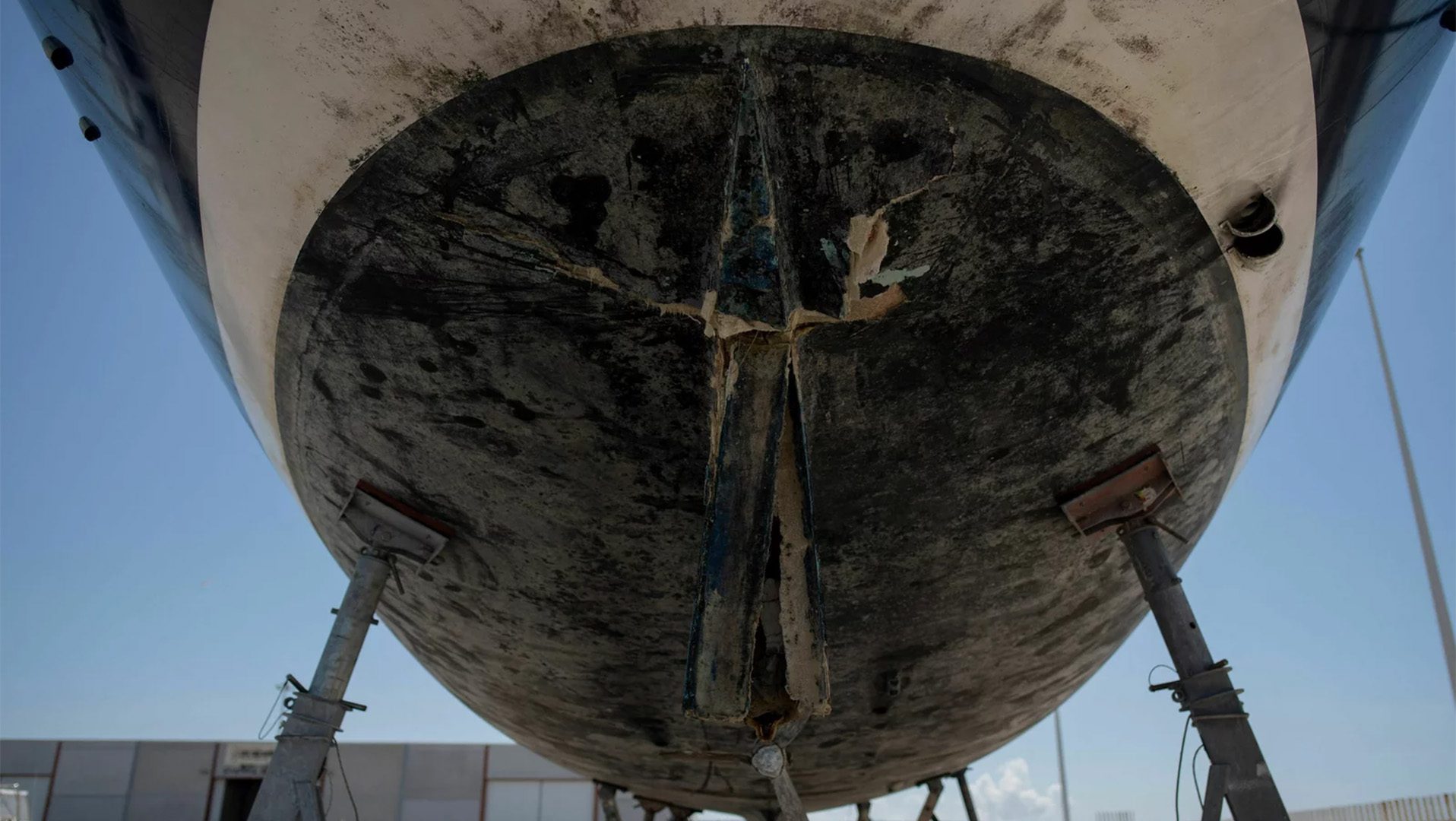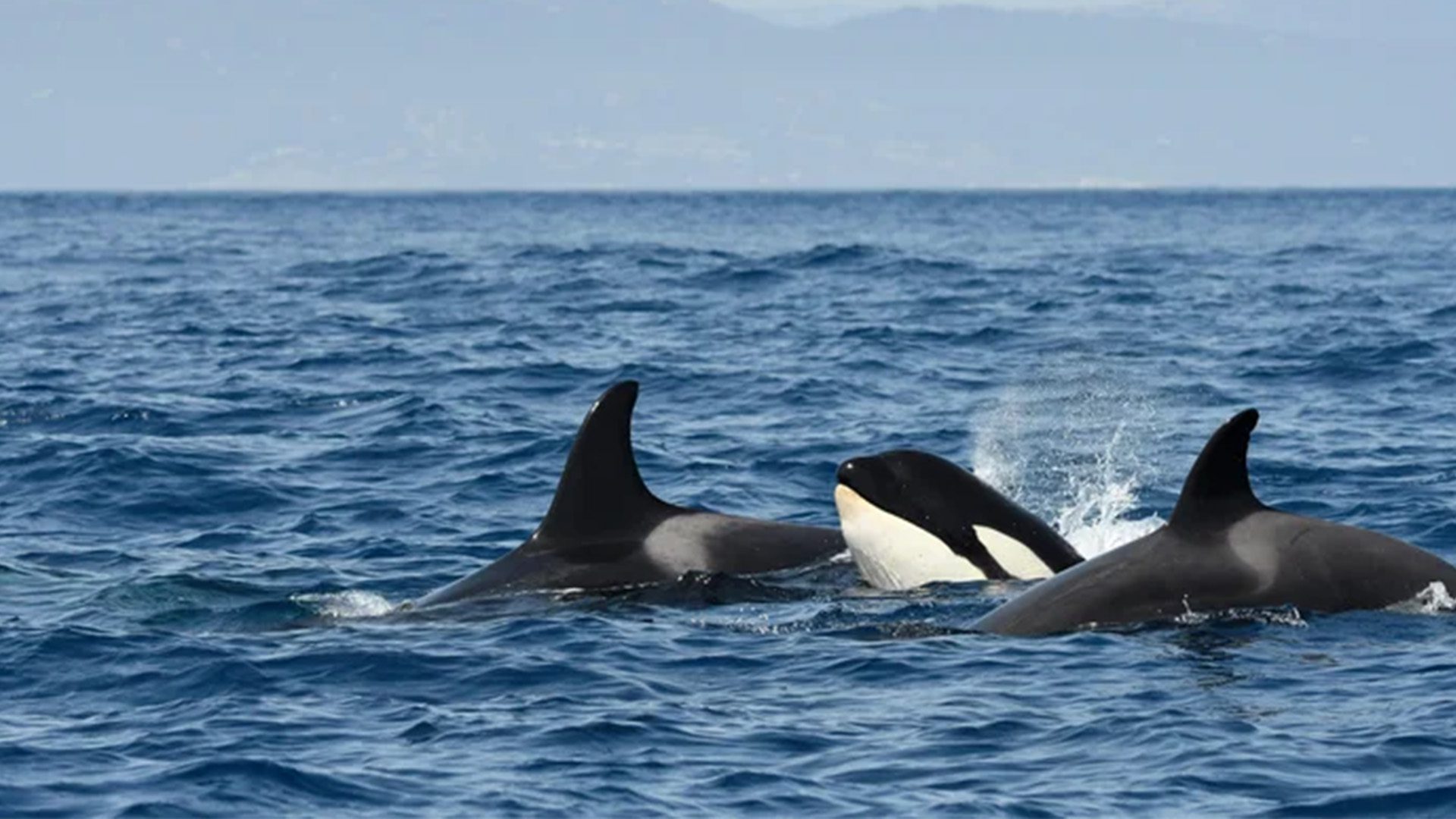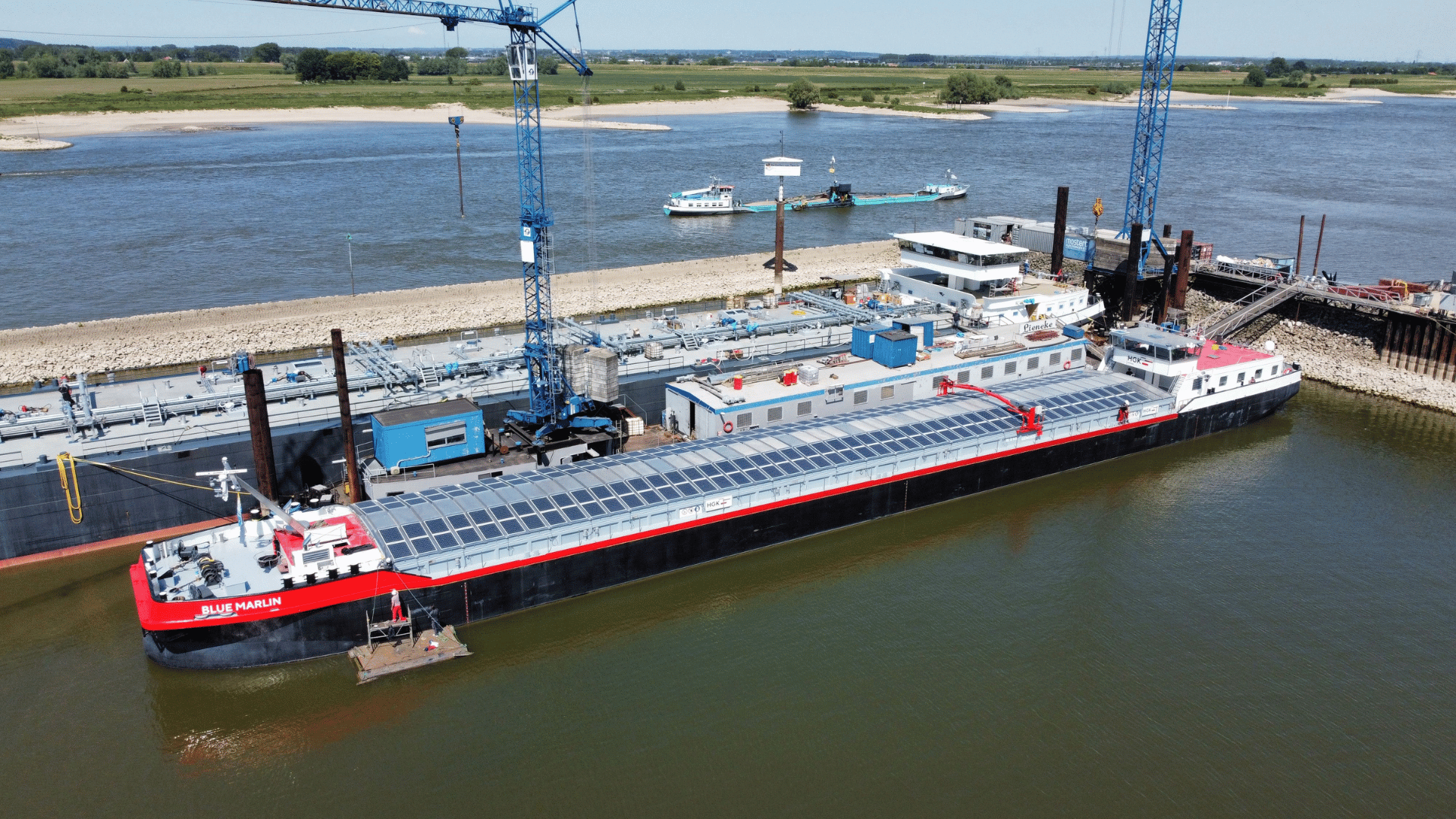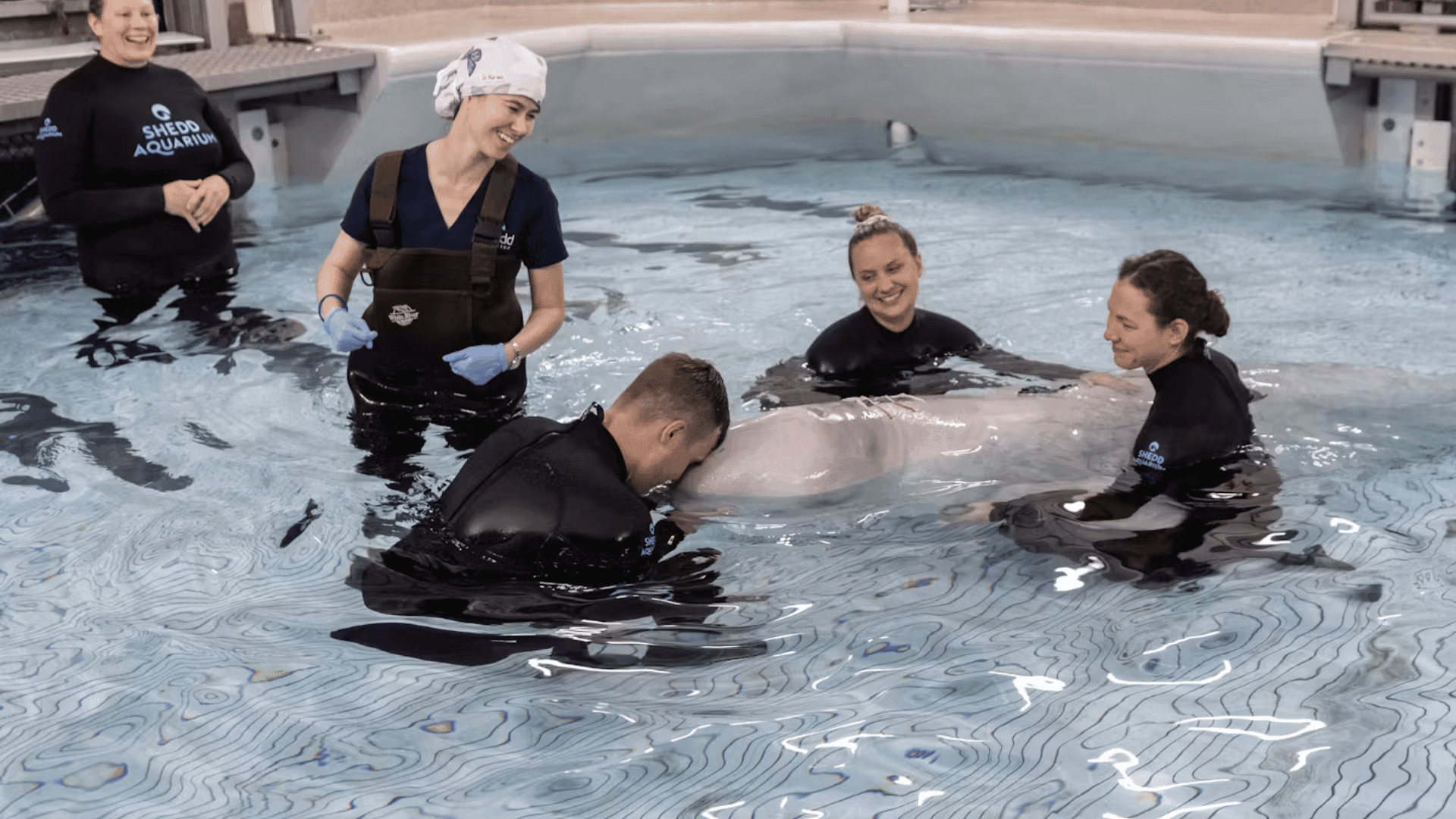Orcas have been increasingly attacking boats in the Strait of Gibraltar, with some attacks even sinking them. The cause of these sea-mammal strikes has puzzled scientists and sailors alike.
View this post on Instagram
Orcas & Attacks
Historically, wild orcas have not been found to attack humans or boats. The subpopulation off the Iberian coast, which is where all of the recent incidents have occurred, is even considered critically endangered with only up to 50 adults, according to a 2019 estimate from the International Union for Conservation of Nature.
However, since 2020, orcas have been documented swimming at or reacting to vessels about 500 times in the seas around Morocco, Portugal, and Spain. In a fifth of these happenings, they caused physical damage to the watercraft. In the past year, attacks have been increasingly ramping up. According to the Atlantic Orca Working Group, which tracks populations of the Iberian orca subspecies, there were about 20 interactions in May 2023 alone in the area.
For example, in an attack that occurred on May 24, a group of orcas broke the rudder and pierced the hull of a boat. Maritime rescue deployed a rapid-response vehicle and a helicopter to assist the crew and tow the boat to a nearby port. Earlier in May, a sailing yacht suffered a similar impact from three orcas. The damage was so detrimental that the ship completely flooded and was left adrift to sink.

Potential Causes
Researchers aren’t sure why the orcas are increasingly going after boats. Notably, the attacks have only been detected in this specific area.
One hypothesis is that the attacks may be a response to a bad past experience involving a boat. Alfredo López Fernandez, a representative of the Atlantic Orca Working Group, backs up this theory, asserting that a female known as White Gladis, who leads the group of around 40 animals, may have had a traumatizing encounter with a boat or a fishing net. As an act of revenge, she could be teaching her pod-mates how to carry out attacks.
As López Fernandez told Live Science, “The orcas are doing this on purpose, of course, we don’t know the origin or the motivation, but defensive behavior based on trauma, as the origin of all this, gains more strength for us every day.” Monika Wieland Shields, the director of the Orca Behavior Institute, agrees that this could be the motive, adding, “I definitely think orcas are capable of complex emotions like revenge. I don’t think we can completely rule it out.”

Other marine scientists have characterized the behavior as playful or a “fad”, implying that the animals will eventually lose interest and end the behavior. Deborah Giles, an orca researcher at the nonprofit organization Wild Orca, explained, ”They are incredibly curious and playful animals and so this might be more of a play thing as opposed to an aggressive thing.”
Renaud de Stephanis, president and coordinator at CIRCE Conservación Information and Research, even hypothesized that orcas simply like the feel of a boat’s rudder. “What we think is that they’re asking to have the propeller in the face,” de Stephanis told NPR. “So, when they encounter a sailboat that isn’t running its engine, they get kind of frustrated, and that’s why they break the rudder.”
Regardless of the cause of the attacks, guidelines issued by the Spanish Transport Ministry suggest that if a ship observes any alteration in the behavior of orcas (such as sudden changes of direction or speed), they should leave the area as soon as possible. The guidelines also stated that every interaction between a ship and an orca must be reported to authorities.







